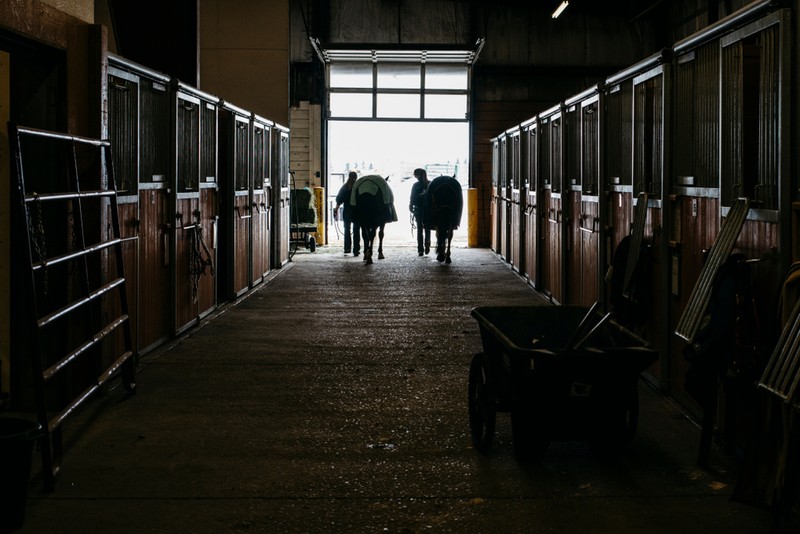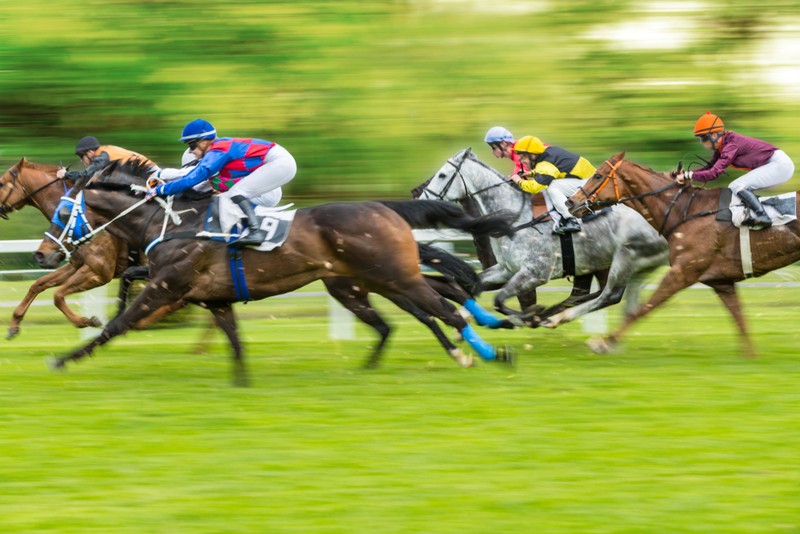Horse racing is an industry that fuels towns, supports families, and keeps centuries-old traditions alive. But right now, it’s staring down a threat that could change everything. A proposed change in the way betting is taxed has sparked serious alarm, with tens of thousands of jobs hanging in the balance. From stable staff and trainers to racecourse workers and local businesses, the knock-on effect could be devastating.
Why the New Betting Tax Could Deal a Heavy Blow to Racing
The government’s push to bring all forms of gambling under one tax rate is already sending shockwaves through the horse racing industry. Currently, sports betting profits are taxed at 15%, while online casino taxes stand at 21%. Merging the two into a single rate (most likely closer to the higher figure) would deal a serious blow to horse racing, which depends heavily on consistent betting volumes to fund the sport.
The backlash has been swift. Racing came to a standstill for a day as staff, jockeys, and trainers walked off the job in protest. Namely, campaigners took their message straight to Parliament under the banner of Axe the Racing Tax.
But the long-term risk is even greater: punters could be pushed away by tighter odds, reduced payouts, and less generous offers. This shift in atmosphere is one reason why the best UK no verification betting sites are starting to gain traction. Licensed in jurisdictions like Curaçao or Malta, these sites operate outside UK tax rules and remain unaffected by sudden domestic changes. With most relying on crypto transactions, they also avoid traditional banking controls, offering bettors a more stable and unrestricted alternative as uncertainty grows at home.
Racing Keeps Towns Alive and That’s What’s Really at Stake

Horse racing isn’t just a day out at the track. It’s work for thousands, a daily routine for whole communities, and often the backbone of small towns where other industries have long packed up.
Around 85,000 people rely on the sport to put food on the table, from grooms mucking out stables at dawn, to racecourse staff, caterers, vets, blacksmiths, and the pub owners down the road who see a full house on race days.
Places like Lambourn aren’t exaggerating when they say this tax hike could gut their economy. Almost a third of all jobs in the area link back to racing in one way or another.
The ripple effect doesn’t stop there. Wagering fuels the system; it funds prize money, supports breeding operations, and keeps the wheels turning.
The Sport Fights Back
Those closest to the track aren’t taking the threat quietly. Jockeys, trainers, stablehands, they’ve all spoken up. When racing came to a standstill for a day, it was a warning shot.
Cards were pulled at places like Uttoxeter and Lingfield, and campaigners marched straight to Parliament with placards and messages that couldn’t be ignored.
🎙️ On an extraordinary and historic day for racing, The #BHApodcast comes to you from Westminster.
With all fixtures today rescheduled, racing’s leaders headed to the heart of Government to share the #AxeTheRacingTax message with a single voice.
🎧 https://t.co/47HDd7DunH pic.twitter.com/4Wxcd0E1kY
— British Horseracing Authority (@BHAHorseracing) September 10, 2025
Champion jockey Oisin Murphy has made it clear: betting on racing isn’t like spinning a roulette wheel. There’s a skill to it. Punters study the form, track conditions, jockey choices, and bloodlines. This is a thinking sport, and the thrill comes from knowledge.
Taxing it the same as slot machines sends the wrong message, both to the people who ride and train the horses and to those who follow the sport with passion.
Trainers worry that if the betting margins get too tight, operators will shift focus to cheaper, less demanding markets (like virtual racing). That hurts the entire British scene. And when a sport that’s part of the national identity, from Royal Ascot to the Grand National, starts shrinking, the damage isn’t just financial. It’s cultural.

